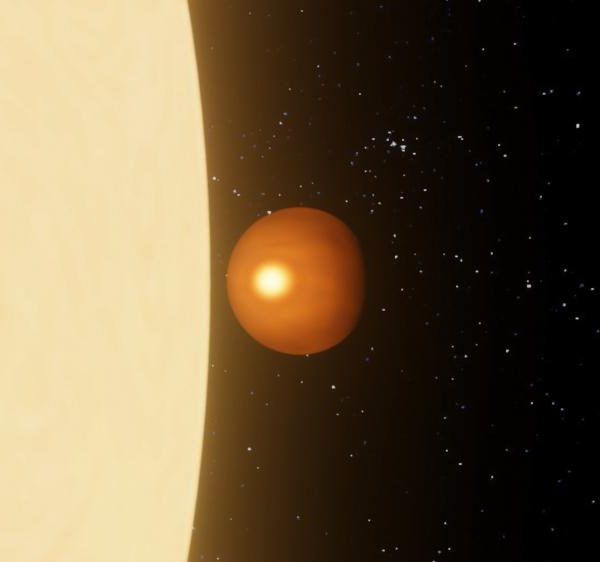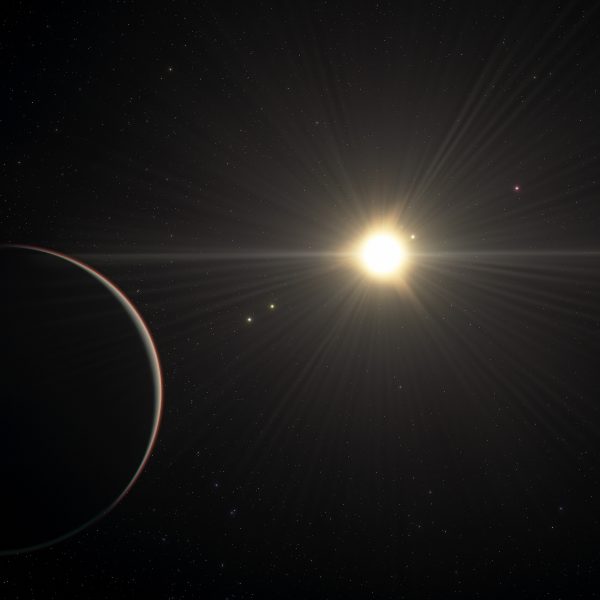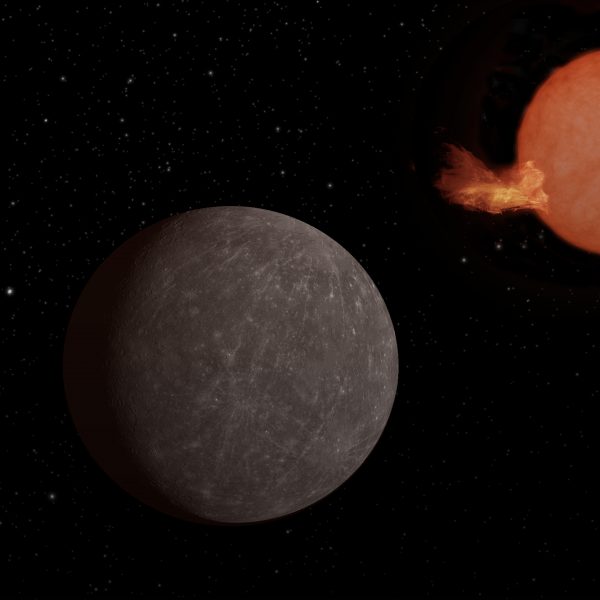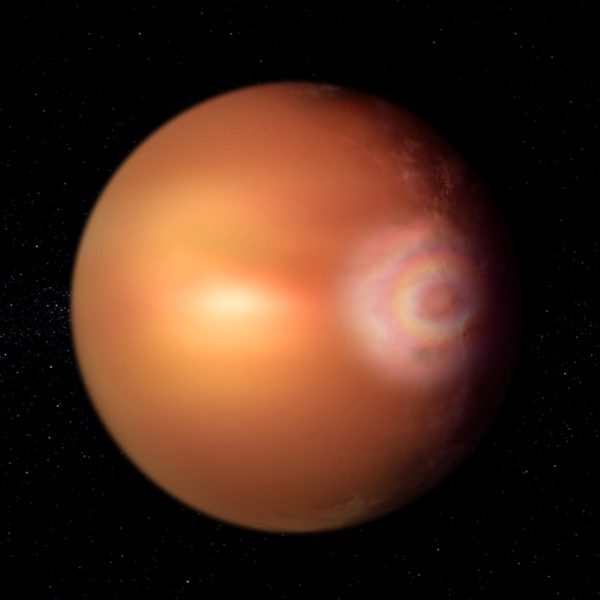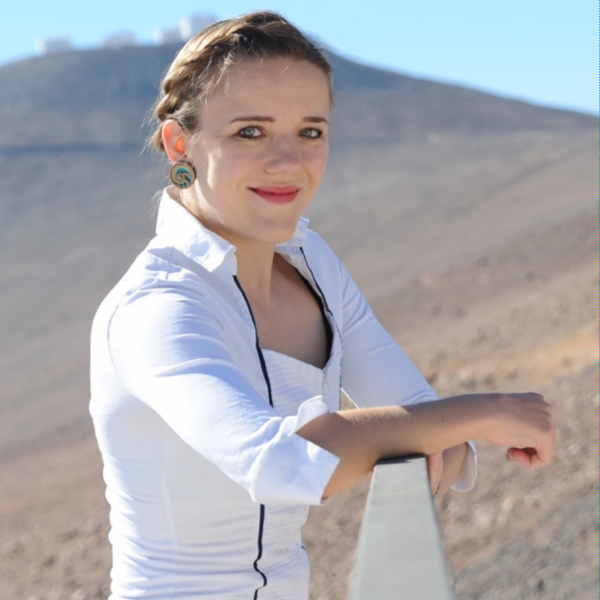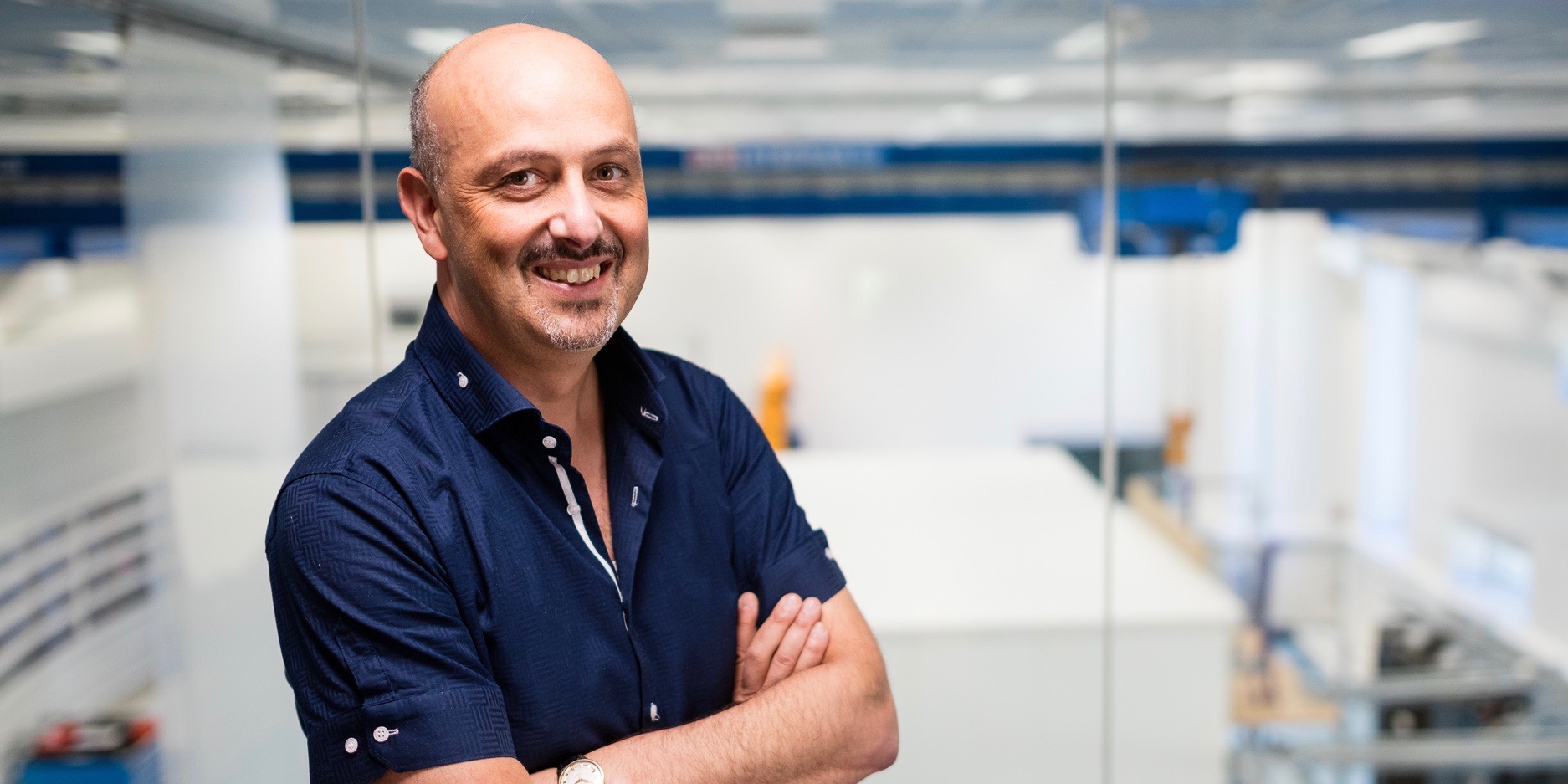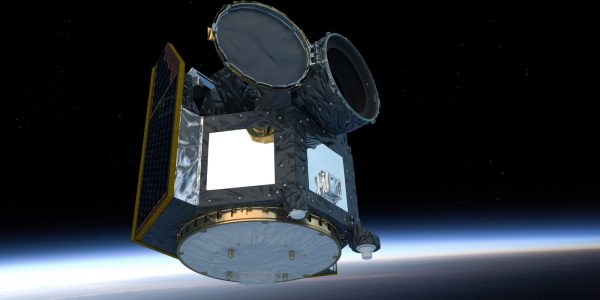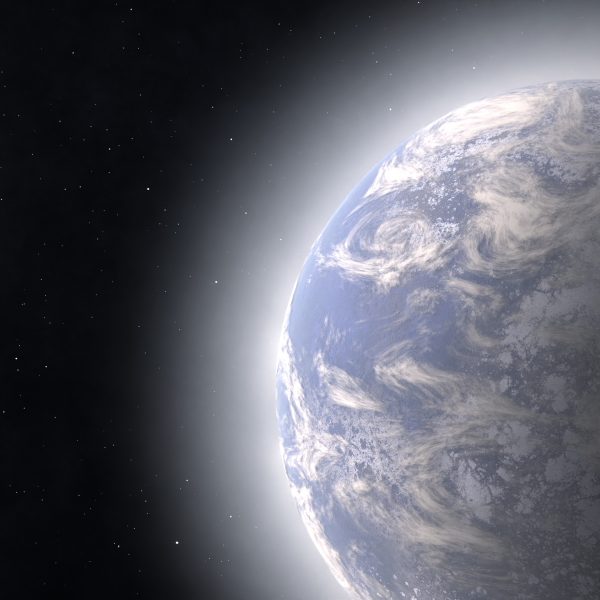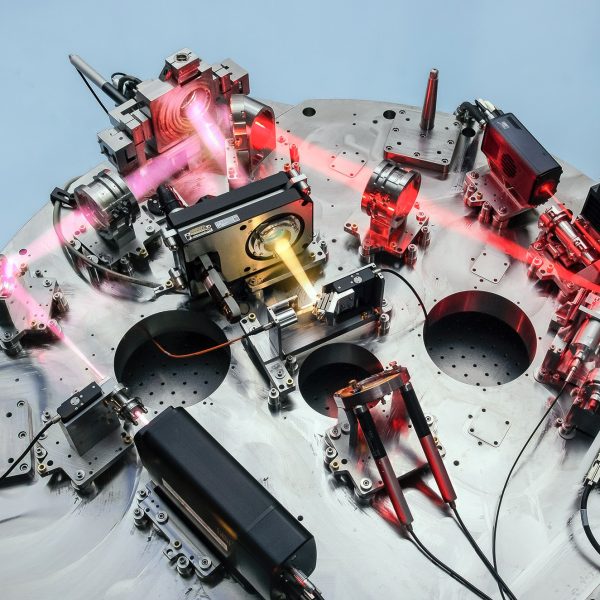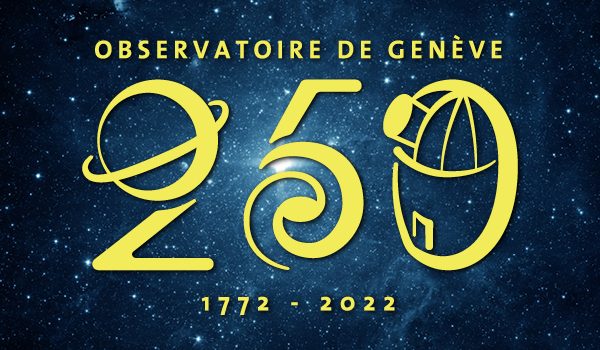Author Archive
Iron winds on an ultra-hot exoplanet
An international team of astronomers, including scientists from the University of Geneva (UNIGE) and the National Centre of Competence in Research PlanetS, has identified the presence of iron winds in the atmosphere of the ultra-hot Jupiter WASP-76 b. This planet with its extreme conditions – over 2000 degrees Celsius – is a prime target for […]
Continue ReadingThe density difference of sub-Neptunes finally deciphered
The majority of stars in our galaxy are home to planets. The most abundant are the sub-Neptunes, planets between the size of Earth and Neptune. Calculating their density poses a problem for scientists: depending on the method used to measure their mass, two populations are highlighted, the dense and the less dense. Is this due […]
Continue ReadingDiscovery of a planet around an ultra-cool star
An international team of astronomers – including members of the NCCR PlanetS, the University of Geneva (UNIGE) and the University of Bern (UNIBE) – has discovered, for only the second time, an Earth-sized exoplanet (SPECULOOS-3 b) around an ultra-cool Red Dwarf star. Red dwarfs account for 70% of the stars in our galaxy. The small […]
Continue ReadingCHEOPS detects a ‘‘rainbow’’ on an exoplanet
New observations from the space telescope point to the existence of a «glory» in the atmosphere of WASP-76b, a luminous phenomenon like a rainbow. The CHEOPS space telescope, whose scientific operations centre is based at the University of Geneva (UNIGE – co-leading house of the NCCR PlanetS), is providing new information on the mysterious exoplanet […]
Continue Reading2024 MERAC prize awarded to Dr. Julia V. Seidel
The 2024 MERAC Prize for the Best Doctoral Thesis in Observational Astrophysics is awarded to Dr Julia V. Seidel (European Southern Observatory) by the European Astronomical Society for her work on climate and atmospheric circulation regimes of exoplanets from high-resolution spectroscopic observations. Julia V. Seidel obtained her Ph.D. within PlanetS. Dr Julia Victoria Seidel obtained […]
Continue ReadingProfessor Francesco Pepe obtains the 2024 Tycho Brahe Medal
The 2024 Tycho Brahe Medal is awarded to Prof. Francesco Pepe (University of Geneva, Switzerland) by the European Astronomical Society for the development and exploitation of ultra-stable high-resolution spectrographs which revolutionised the detection and characterisation of small-mass exoplanets. Prof. Francesco Pepe is the director of the astronomy department of the University of Geneva, co-leading house […]
Continue ReadingCHEOPS in numbers
The CHEOPS nominal mission came to an end in September 2023. It is not the last of CHEOPS though, as the first extension of the mission is already going full-steam ahead and will last until the end of 2025 or even 2026 (pending approval from national agencies). The end of this first phase of the […]
Continue ReadingWater-worlds, the key to an exoplanet enigma
Why are so few exoplanets about twice the size of Earth detected? On the basis of computer simulations, a team from the Max Planck Institute for Astronomy (MPIA) and the Universities of Geneva (UNIGE) and Bern (UNIBE) has confirmed that the migration of sub-Neptunes planets – water-worlds – could explain this absence. As these planets […]
Continue ReadingDecoding the secrets of distant worlds: Swiss collaboration to help elevate exoplanet research to new heights
The quest to unravel the universe’s mysteries takes a leap forward as the Near Infra Red Planet Searcher (NIRPS) consortium, jointly managed by the University of Geneva’s (UNIGE) Department of Astronomy and the University of Montreal, has received a cutting-edge boost from CSEM’s laser frequency comb technology. This laser frequency comb, a precise and stable […]
Continue Reading250th anniversary of the Observatory of Geneva
The Observatory of Geneva has just celebrated its 250th anniversary. Now attached to the University of Geneva, it is one of the co-leading houses of the NCCR PlanetS with the University of Bern. Here’s a look back at the year’s festivities. A little history The Observatory of Geneva was founded in 1772. The astronomer Jacques-André […]
Continue Reading
